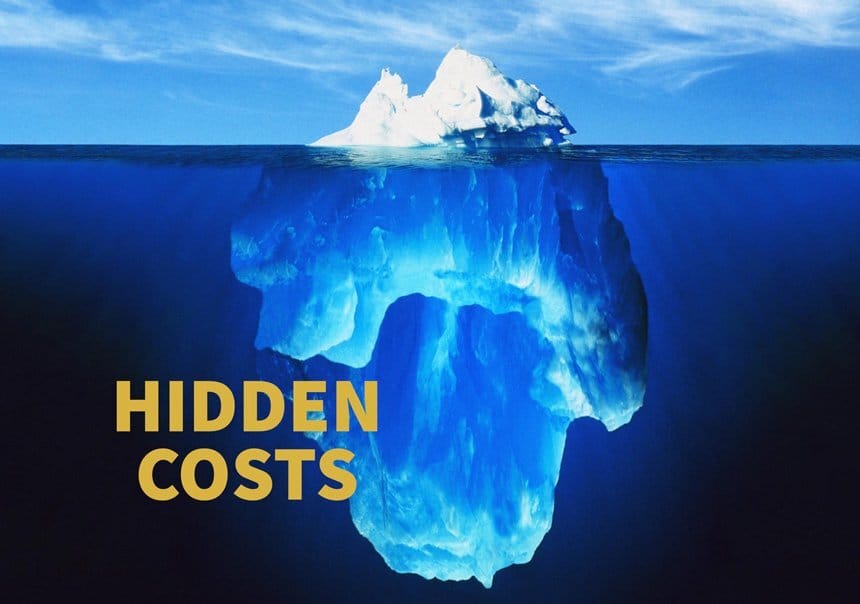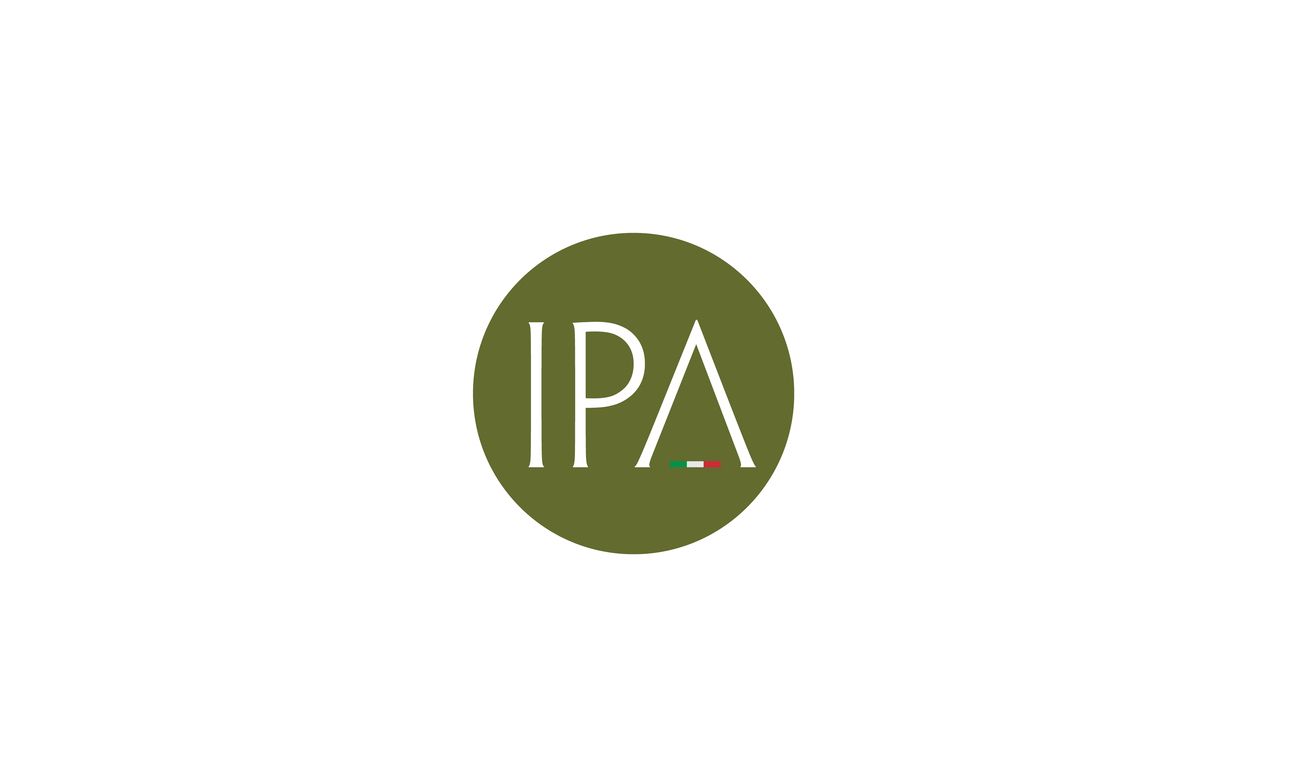- Italian Property Advisory Newsletter
- Posts
- Italy Property Guide #010
Italy Property Guide #010
Don’t Let Hidden Fees Derail Your Dream — Know the Full Picture

When most people think about buying a home in Italy, they focus on the price tag of the property itself — €600,000, €750,000, €1M+. But what often catches buyers off guard are the additional costs that come with the purchase.
These aren't “gotchas” — they're just part of how the Italian system works. And when you're buying from abroad, understanding and preparing for these costs is essential to avoid surprises.
Here’s a breakdown of what to expect — and how I help my clients budget wisely.
🏛️ Purchase Taxes: Primary vs. Secondary Residence
If you're not planning to become a full-time resident in Italy, you're likely buying as a second home. That means:
Registration tax: 9% of the cadastral (not market) value of the property
Cadastral and mortgage taxes: usually a few hundred euros
➡️ Buying as a primary residence? You may qualify for reduced rates — as low as 2% — if you meet certain conditions and commit to residency within 18 months.
📌 Pro tip: I help clients determine the most favorable ownership structure based on their long-term goals.
📑 Notary, Legal, and Translation Fees
In Italy, the notary (notaio) is a public official who oversees the sale and registers the deed. You’re required to use one — and you choose (and pay) them as the buyer.
Notary fees typically range from €2,000 €4,000
Interpreter fees (if needed for non-Italian/English speakers) are additional
Legal advisors may charge separately for due diligence or contract review
➡️ I coordinate all of this on your behalf, and I make sure their costs are quoted and fair.
🏗️ Surveyors, Inspections & Technical Checks
Italy has many historic, renovated, or rural homes. That means it’s critical to verify:
Whether the building conforms to local planning laws
If renovations were properly registered
The structural integrity and utility setup
Costs vary depending on complexity, but expect to budget:
€500–€1,500+ for technical surveys and inspections
➡️ I engage trusted professionals from my network to protect you from buying a money pit or inheriting a problem.
💶 Bank Transfers, Currency Exchange & Mortgage Fees
If you're buying in euros but your funds are in another currency, consider:
Currency conversion costs (potentially 2–4% if not optimized)
Bank transfer fees for international payments
If you're using an Italian mortgage, additional banking and appraisal fees
➡️ I connect clients with reliable currency and banking partners to avoid hidden fees and poor exchange rates.
🧱 Renovation & Maintenance Buffers
Even move-in-ready homes often require some work — think painting, furniture, minor upgrades, or seasonal maintenance.
I advise setting aside 5–10% of your purchase budget as a buffer, especially for older or rural properties.
➡️ I can help estimate realistic post-purchase costs before you commit to a property.
💡 The Bottom Line
Buying in Italy comes with costs beyond the listing price, but they’re manageable when you know what to expect.
When we work together, I give you:
A clear estimate of total costs before you make any offer
Guidance on where to negotiate or cut costs
My network of vetted professionals (notaries, surveyors, lawyers, contractors, and more)
Peace of mind knowing your budget won’t be blindsided
If you’re ready to explore your options — whether buying for business, pleasure, or both — reply to this email or book a call with me here.
About Italian Property Advisory
YOUR TRUSTED PARTNER IN ITALY
👋 Ciao! I’m Matteo Bruschi — an Italian with a passport full of perspective and a mission rooted in frustration.
After 13 amazing years in Australia, I returned to Italy with two things: a deep love for both countries… and a burning question:
Why is buying property in Italy still so confusing, slow, and risky for foreigners?
I’d seen the worst of both worlds.
In Australia, I worked with buyers’ agents who promised the world and delivered almost nothing. In Italy, I watched developers sweet-talk international clients—then leave them buried in red tape, budget blowouts, and broken expectations. It made my blood boil.
So I decided to do something about it.
I started my advisory service not to sell homes, but to protect buyers.
To represent you, and only you, through every twist and turn of buying property in Italy.
Because I’ve seen too many people fall in love with Italy, only to get lost in translation — literally and figuratively. You deserve better. You deserve a trusted advocate who puts your interests first.
🔍 What I help with:
✔️ Finding the right region, town, and home — not just what’s on the market
✔️ Negotiating with your goals (not the seller’s) at the center
✔️ Vetting and managing lawyers, surveyors, and renovation crews you can trust
✔️ Handling utilities, taxes, and ownership details post-sale
✔️ Acting as your boots on the ground — even if you’re oceans away
This isn’t just about real estate. It’s about making the dream of Italian living possible, safe, and exciting — from your first question to long after you get the keys.
I’m not here to sell you a fantasy.
I’m here to help you find your place in Italy — and do it the right way.
Inside the Italian Market
HELPFUL TIPS
 TIP #1: A rental permit may be required — and it’s not automaticThinking of renting your Italian home short-term on Airbnb or VRBO? In many towns, especially historic centers and tourist zones, you may need a Scia (Certified Notice of Start of Activity) or a specific rental permit. Some municipalities cap short-term rentals entirely, or require you to meet fire safety and accessibility standards. Don’t assume you can list your property the day after closing — check local regulations and plan accordingly. |  TIP #2: Buying through a company might reduce taxes, or increase your complexitySome buyers explore setting up an Italian or foreign company to purchase property, especially if they plan to run a business or limit personal tax exposure. In a few scenarios, this can reduce registration taxes or open up broader deductions. But it can also introduce added costs, annual compliance, and higher capital gains exposure. Always get advice from a cross-border tax advisor before choosing this route. |
 TIP #3: The energy rating of a home can impact both value and running costsItaly requires homes for sale to have an APE (Attestato di Prestazione Energetica) — an energy performance certificate. Many older homes score low (Class G or F), which means higher heating and cooling bills and lower resale value. If you’re buying with rental income or resale in mind, prioritize homes that are energy-efficient or budget for upgrades. In some cases, a better energy rating can even influence mortgage rates. |  TIP #4: Utility setup in Italy can take weeks — plan aheadAfter closing, activating utilities like electricity, gas, and internet is not instant — especially if the property hasn’t been lived in recently. You may need to provide Italian tax codes (codice fiscale), banking details, and even translated documents. If you're managing the process from abroad, or want the home ready for immediate use or rental, work with a relocation or property management expert to avoid delays. |
Until next time,
 | Matteo Bruschi 📧 [email protected] |
Your Trusted Partner in Finding and Securing the Right Property in Italy 🇮🇹

